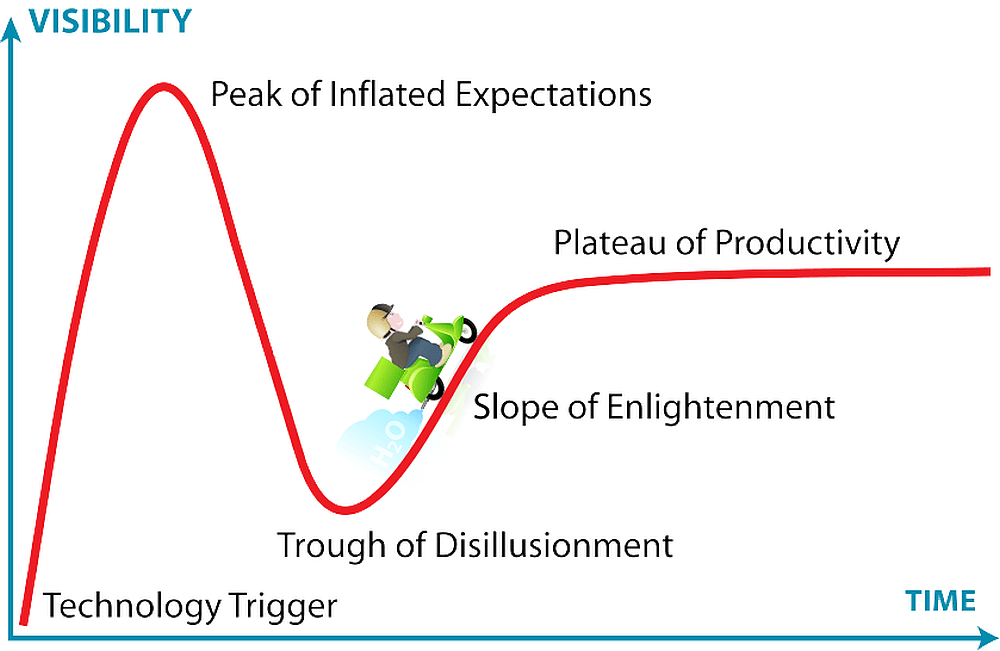A Cornell University professor of psychology has a new approach to fostering networking among Latin American scientists and their North American colleagues: a special free bilingual website named CienciAmérican (Science of the Americas) that combines the features of a traditional websites and blogs with some social networking functions. I hope it works, because there does seem to be a rather large disconnect between everything north of the United State’s southern border and everything south, and I am hoping that others my voice their opinion on this in the comments.
Timothy Devoogd, a specialist in neurobiology (related to learning and memory) at Cornell, launched CienciAmérican in mid-August. While working as a Jefferson science fellow of the State Department, Devoogds says starting last year that he began “trying to come up with ways these scientists could be linked more closely with scientists in the United States. One of the things I kept running into was how little these people even knew about each other. Many of these universities and researchers are still not taking as full advantage of the Internet as they could be, so this site is one step toward helping with that” he says.
The State Department liked the idea and, for now, is providing the main funding for CienciAmérican. He is also getting assistance from the information technology staff at Galileo University in Guatemala.
Devoogd believes, for example, the website will facilitate the exchange of information about conferences, scholarships and equipment. And, to his credit, he doesn’t just mean opportunities in North America. He says there are great opportunities for research in Latin America that many U.S. scientists don’t know about, and innovations are being made especially in subjects related to energy generation and distribution.
“We can learn from them,” Devoogd says. “There are natural resources in different places where coordinated research between their country and ours could result in stuff that’s good for both of us.”
Devoogd has high hopes for this project. He hopes to implement some form of peer-review system and to procure funding for collaborative research. He says he is also inviting prominent Latin American scientists and State Department officials to contribute editorials.
In terms of other content, Devoogd says the searchable website will allow members to:
- List contact information, research interests and information on methodologies.
- Post announcements of short courses, conferences, job opportunities, grant deadlines, etc.
- List surplus materials for sale, barter or donation (“A scientific Craigslist”).
- Publish brief articles on research and opportunities at their institutions. (Devoogd also notes, “I welcome controversial points of view, and would consider publishing anonymous perspectives or responses).
- Delineate national science policies.
- See listing of national science, public science and university department websites.
Philosophically, I am all for this, but I am not totally convinced that launching an initiative like this on such an open-ended topic is the best launching point, mainly because a lot of online concepts are in a state of flux (see “The Web is Dead. Long live the Internet”) and because I think it would be easier to get quick buy-in if the “science” concept was narrowed to a specific field backed by specific societies and their counterparts in various regions. Whether warranted or not, State Department backing in some quarters also brings some discomforting baggage.
However, hopefully I am wrong about this. Regardless, I encourage readers of this blog to join CienciAmérican and let me know that you think.


